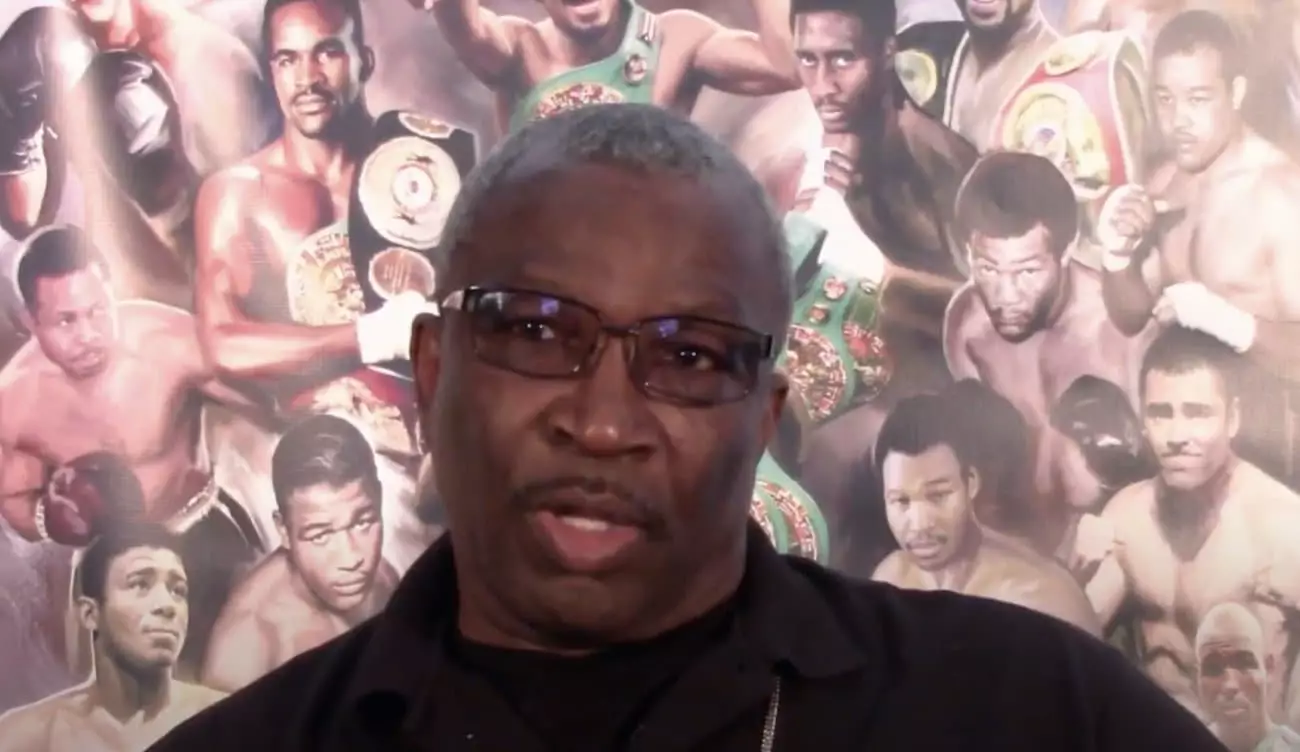Mike Weaver, the former WBA heavyweight champion, stands as a testament to determination and resilience in the boxing world. Known as “Hercules,” Weaver’s journey in the ring was anything but smooth. His professional debut was marked by challenges, as he recorded a rocky 5-5 record in his first ten fights. This underwhelming start could have easily derailed a lesser athlete’s career. However, Weaver’s background as a former Marine who fought in Vietnam instilled in him a robust sense of perseverance. This combination of heart and grit would ultimately pave the way for more extensive achievements in his boxing career.
One of the defining moments in Weaver’s career occurred in June 1979 when he faced off against the reigning WBC heavyweight champion, Larry Holmes. Entering the bout as a heavy underdog, few expected him to make significant waves. However, what unfolded was an exhilarating contest that showcased Weaver’s striking power and tenacity. Despite losing the match in the 12th round, he absorbed punishment and delivered several painful blows to Holmes, proving that he could stand toe-to-toe with one of the best in the sport. This fight, characterized by its intensity and action, would become a pivotal chapter in Weaver’s career, shifting public perception and setting the stage for his subsequent rise.
The pinnacle of Weaver’s career arrived in March 1980 when he clinched the WBA heavyweight title after a dramatic last-second knockout of John Tate. This victory not only highlighted Weaver’s explosive punching ability but also his knack for seizing opportunity when least expected. Knocking out Tate with just 45 seconds left in the final round of a grueling fight elevated Weaver from the realm of underdog to that of heavyweight champion. Although he experienced some setbacks and controversies—most notably the dubious stoppage against Michael Dokes and a questionable draw in their rematch—Weaver’s legacy was already being cemented through memorable victories and knockouts.
Despite the luster of his championship title, Weaver’s journey remains marked by a series of challenging encounters. He fought an impressive array of notable opponents, showcasing his willingness to step into the ring with anyone, regardless of the risks involved. This reputation as a fearless fighter is well illustrated through his encounters with fighters like Bonecrusher Smith and Lennox Lewis, which occurred during the twilight of his career. Many experts speculate that a younger Weaver might have posed a greater threat to these heavyweights, illustrating how timing and preparation play pivotal roles in a fighter’s career.
In a recent interview, Weaver was asked about the greatest punchers in heavyweight history. He quickly identified George Foreman as an iconic figure, recalling their past encounters in an exhibition setting. His reflections extended to his contemporaries, like Sonny Liston and Earnie Shavers, while also recognizing emerging powerhouses like Mike Tyson and Deontay Wilder. Weaver’s perspective on power highlights a fascinating aspect of the sport, as he noted that while he achieved significant knockouts, the true measure of a fighter’s ability often goes beyond mere punch power to include elements of skill, precision, and timing.
Despite wrapping up his professional fighting career, Weaver remains a meaningful figure in the boxing community. Reflecting on his past fights and the people who influenced him—like Ken Norton, who urged him to take his training seriously—Weaver’s narrative is not merely one of personal triumphs but also of growth and learning. Now, as he approaches his mid-70s, he carries with him the experiences and lessons learned from a life in boxing. His reflections offer invaluable insights for both current and aspiring fighters, emphasizing the importance of dedication, mindset, and respect for the sport.
Mike Weaver’s saga in the boxing ring is a rich tapestry woven from hardship, triumph, and enduring spirit. His moniker, “Hercules,” is indeed fitting for a fighter who faced numerous adversities yet continued to forge ahead. As he remains engaged with the sport—watching fights and sharing his wisdom—Weaver’s influence will surely continue to inspire future generations. In a sport where legends are often defined by their belts, the heart, character, and resilience exemplified by Weaver serve as reminders that true champions rise beyond the accolades, leaving lasting impressions that resonate far beyond the ring.


Leave a Reply